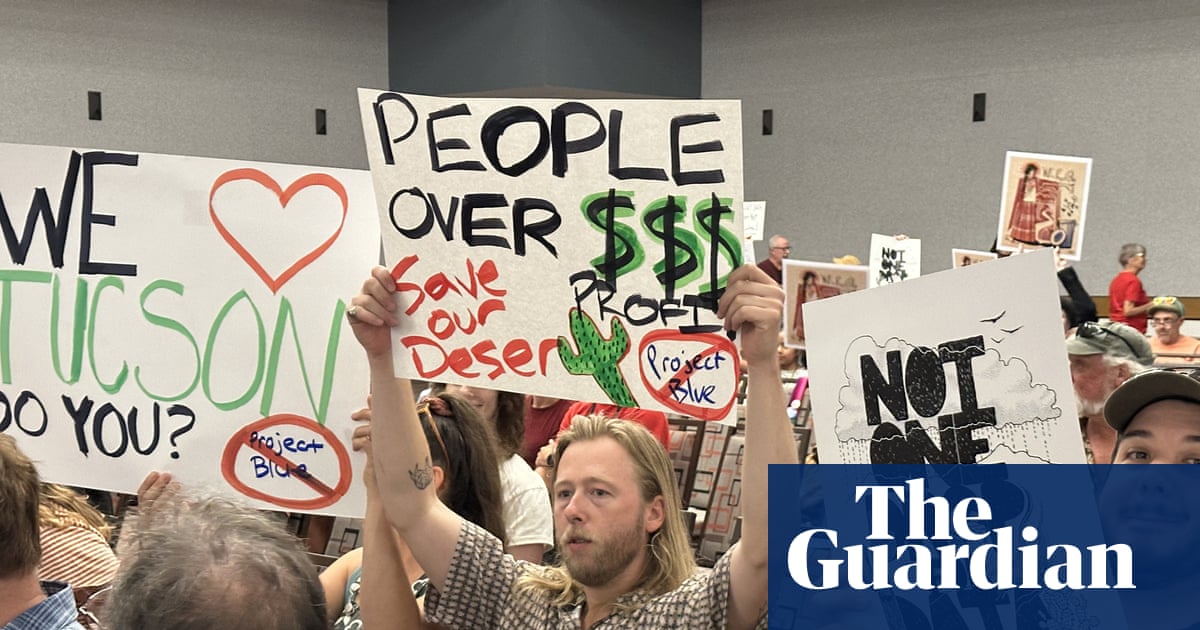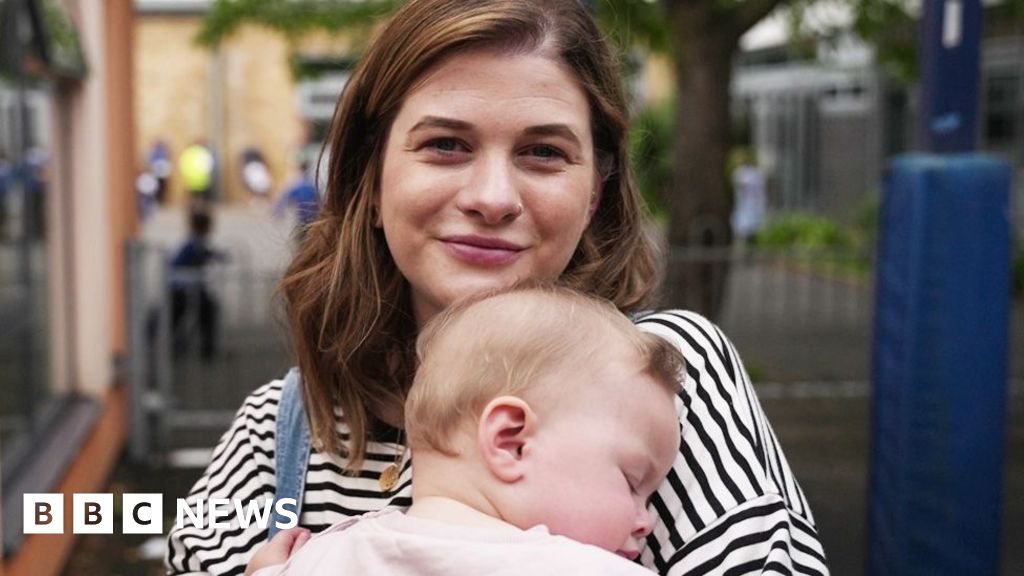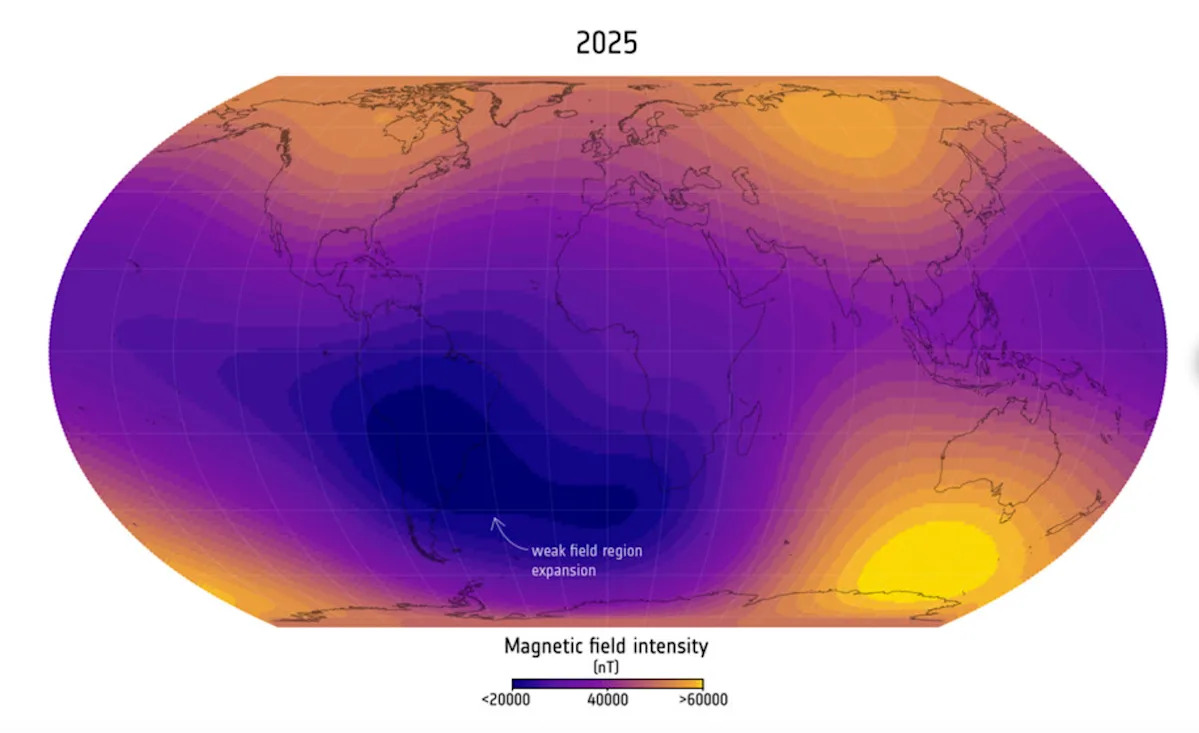The US supreme court will hear a hugely consequential case on Wednesday that will determine the future of the Voting Rights Act, the landmark civil rights law designed to prevent discrimination in voting.
The case, Louisiana v Callais, involves a dispute over Louisiana’s sixth congressional district, which snakes from Shreveport in the state’s north-west to Baton Rouge in the center. Louisiana Republicans drew the district after a successful lawsuit filed by Black voters under section 2 of the Voting Rights Act, which outlaws election procedures and practices that discriminate on the basis of race.
But the question at the heart of the case could have far-reaching implications. After hearing argument in the case in March, the supreme court took the unusual step of not issuing a ruling at the end of last term. Instead, it instructed the parties to address an explosive question: whether Louisiana’s decision to create an additional majority-minority district violated the 14th and 15th amendments to the constitution, which guarantee equal protection under the law and prohibit denying the right to vote based on someone’s race. In asking the question, the supreme court set up a blockbuster case on whether section 2 itself was constitutional when it comes to redistricting.
A ruling holding section 2 unconstitutional would dramatically upend American election law and strip minority voters of a tool to challenge discrimination. For decades, voting rights lawyers have turned to section 2 to challenge district lines – from congressional districts to school boards – that dilute the influence of minority voters. Supreme court precent requires plaintiffs to clear a series of challenging hurdles in order to strike down an existing district.
The supreme court could affirm the constitutionality of section 2, strike it down altogether, or leave the provision intact but make it much harder to bring section 2 suits.
The state of Louisiana, along with a group of white voters, are urging the justices to say section 2 is unconstitutional.
“Race-based redistricting harms voters – and by extension, our political system – by sorting them based on their skin color and then divvying them up between minority and non-minority districts,” lawyers for Louisiana wrote in a brief to the supreme court.
The Trump administration has also filed a brief with the court urging the justices to raise the bar plaintiffs need to meet to win a section 2 case.
On the other side of the case are Black voters who filed the original Voting Rights Act suit that produced Louisiana’s current congressional map. They urge the justices to uphold section 2 of the Voting Rights Act.
“Without section 2, minority voters would continue to face extreme instances of discrimination,” their lawyers write. Without section 2, jurisdictions could simply eliminate minority opportunity districts even where they remain necessary for voters of color to have any opportunity to elect candidates of choice, wiping out minority representation and re-segregating legislatures, city councils, and school boards – as some have recently attempted to do.”
The case is returning to the justices after a long and twisted legal saga.
After the 2020 census, Louisiana Republicans passed a congressional map in which Black voters only comprised a majority in one of the state’s six congressional districts. A group of Black voters sued under section 2 of the Voting Rights Act in March of 2022, arguing that it was possible to draw a reasonably configured district in the Baton Rouge area that would give Black voters a majority in a second-congressional district. A district court judge and US court of appeals for the fith circuit agreed with them, ordering a new map. The supreme court let the map go into effect for the 2024 elections.
With the midterm elections fast approaching, Louisiana Republicans decided to draw a new map. Rejecting proposals from the plaintiffs, they adopted the strangely shaped Shreveport-to-Baton Rouge district for political reasons, saying they wanted to preserve the seats of powerful Republicans, including House speaker Mike Johnson and Julia Letlow, a member of the appropriations committee.
The US supreme court has said there is nothing federal courts can do to stop redistricting for partisan advantage. A Black Democrat, Cleo Fields, won the new majority-Black congressional district last fall.
But when the new map went into effect, a group of white voters sued in a different court, saying that the new map violated the 14th and 15th amendments because it sorted voters based on their race. A three-judge panel agreed and struck down the new map and the supreme court heard the case on appeal.

 German (DE)
German (DE)  English (US)
English (US)  Spanish (ES)
Spanish (ES)  French (FR)
French (FR)  Hindi (IN)
Hindi (IN)  Italian (IT)
Italian (IT)  Russian (RU)
Russian (RU)  4 hours ago
4 hours ago
























Comments